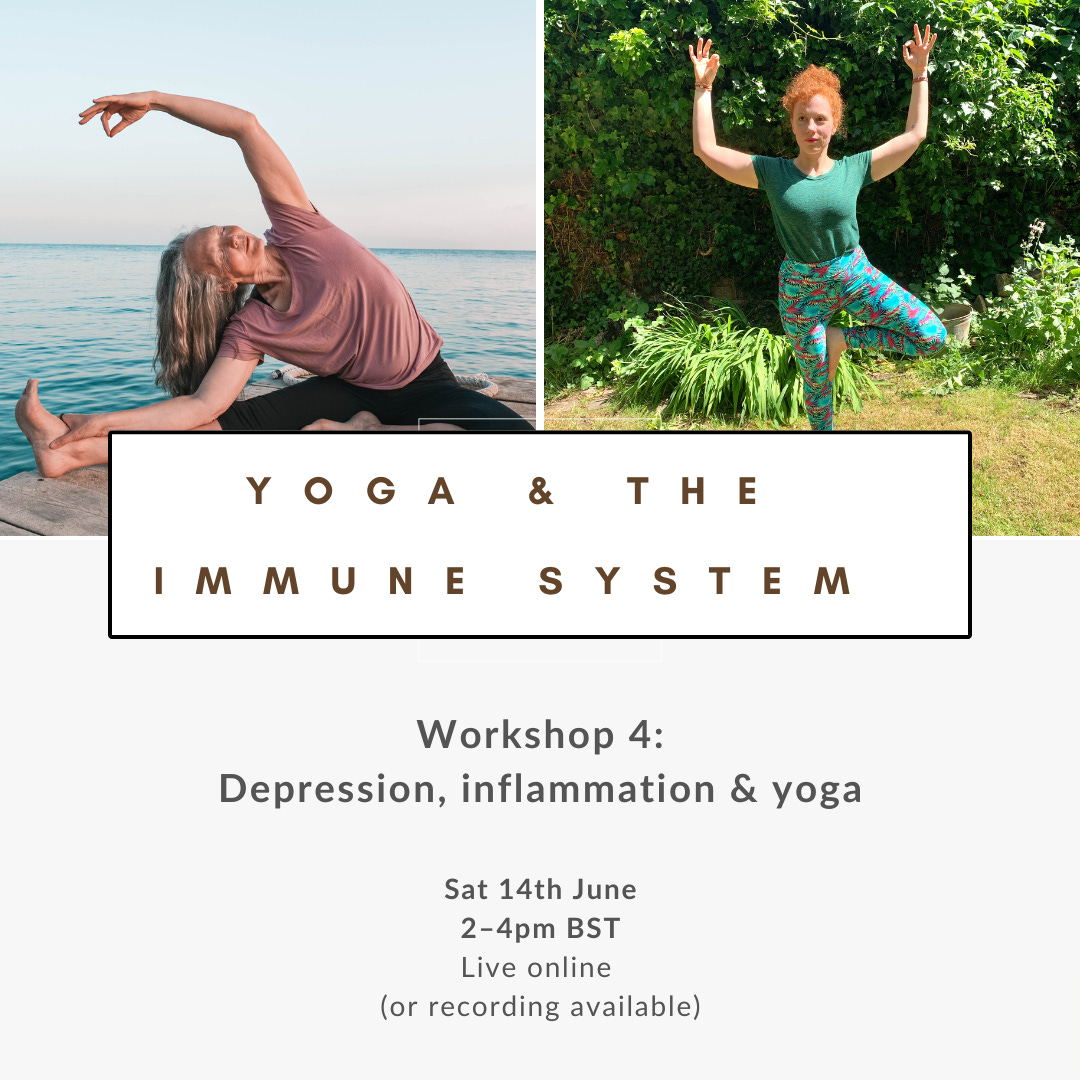Ok, I admit it, I’m a hypocrite. I talk about the loveliness of yoga nidra to anyone who will listen. I recorded a course on Insight Timer about the wellbeing benefits of yoga nidra (which surprisingly is actually giving me a teeeny-tiny, enough for a fortnightly coffee passive income, who knew?). I now lead two yoga nidra sessions a week and jealously watch participants full relax with my words.
And yet, I don’t give myself time to practice. In fact, I signed up for a live online yoga nidra with the soothing Jennie Wadsten and I almost didn’t attend because the timing didn’t work (excuses, excuses). Of course, I’m so glad I did attend because, well, because yoga nidra. If you know you know (and if you don’t, time to find out).
Is there something too indulgent about yoga nidra (and other similar practices) that those of us who, to paraphrase Oliver Burkeman, feel like we have to justify our existence can’t, well, justify? Is rest not enough ‘doing’?
(and, if you too are a yoga teacher or other wellbeing practitioner, can you relate with being great at telling others how important self-care is but actually not practicing what you preach?)
I was thinking about this last Saturday as I was leading the yoga nidra part of ‘Yoga Stories’, a yoga and creative writing workshop. Everyone’s feedback was that the practice was incredibly calming AND took them to a ‘place’ that made their creativity flow freely, without the internal critical going on and on about why they suck.
Thank you to everyone who came to the workshop, and for your wonderful feedback! More Yoga Stories to come soon… Plus (hopefully), yoga nidra and creative writing 6-week ‘course’ online. Interested?
And because life is full of synchronicity
I came across an exciting new study today showing that yoga nidra improves mental wellbeing AND reduces the levels of cortisol (which is associated with stress) in saliva. As far as I know, this is the first published study to show a reduction in cortisol levels with yoga nidra.
The details
You might remember ages and ages ago, back in the blog days, I wrote about a super exciting yoga nidra study that showed improvements in anxiety, depression and sleep with a short form of yoga nidra (11 minutes). The reason this study was super-exciting (to me) was that:
It had a decent sample size (over 700 participants)
It was controlled (ie the compared yoga nidra to doing nothing)
Yoga nidra was only 11 minutes and delivered via an audio file (ie it wasn’t live), and still had a great effect on mental health
This new study is a follow-up of that one. They compared the short form of yoga nidra (body scan and breathe awareness; 101 participants), a longer form of yoga nidra (30 minutes; 80 participants), listening to music (the ‘active' control’; 74 participants) and doing nothing (107 participants).
There’s a lot to unpack in terms of findings, but the key new finding is that:
Yoga nidra (both forms) led to reduced levels of cortisol, which is direct evidence of a reduction in stress levels
This was tied to the regularity of practice over the 2-month period of the study
Also, longer yoga nidra practice was more effective at reducing cortisol and compared with the two controls.
Know anyone who’s like to receive this newsletter?
Speaking of mental health
Want to know more about the surprising (and exciting) link between depression and inflammation? Curious about how yoga could help in this context (and how to incorporate this into your practice and teaching?). Join me and Melanie Cooper for the first ‘Yoga & the immune system’ workshop of 2025.
Saturday 14th June 2–4pm BST, on Zoom (and recording available if you can’t attend live)
The workshop will include:
Accessible review of the science (I’m working on the content as we speak so if you have special requests, do send them over)
Introduction to relevant practices
And a delicious practice led by Melanie
Also
Want to join me in a poetry therapy experiment? I’ve put together ‘5 days of joy’, a free 5-day course that uses poetry and a short writing prompt to support your (my) mental wellbeing. You’ll get:
A daily email with a carefully selected poem to read
A writing prompt to encourage reflection
And yes, it’s absolutely free (I’d love your feedback after). Details coming soon!





